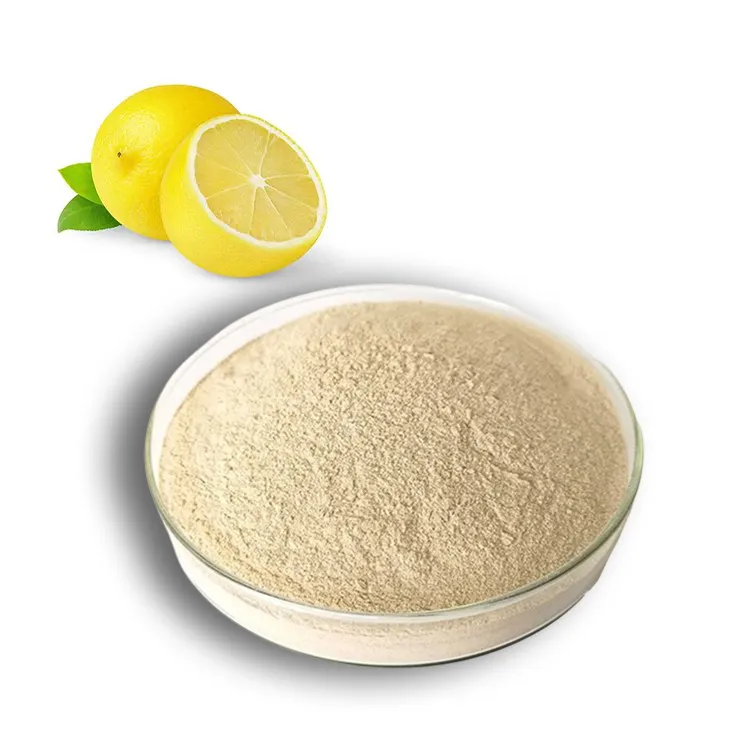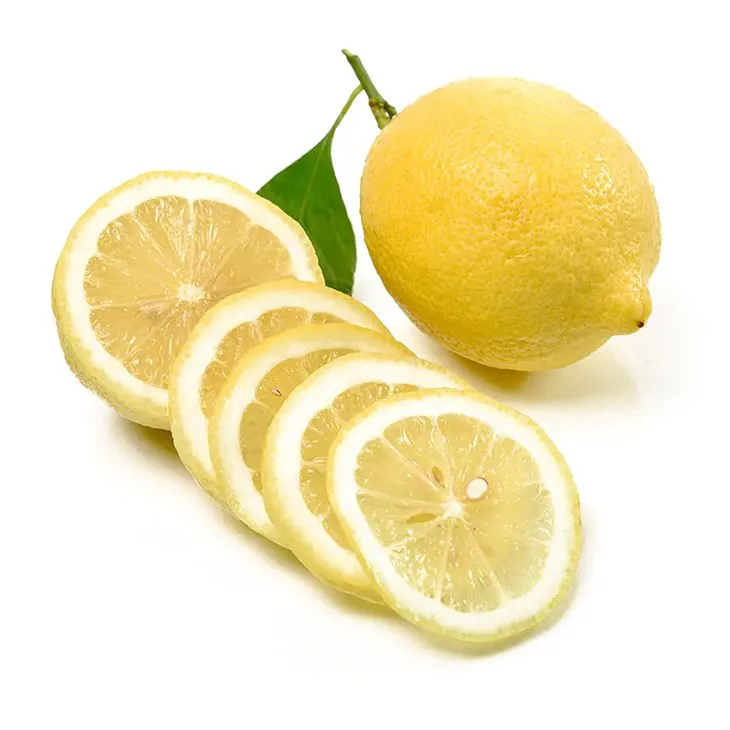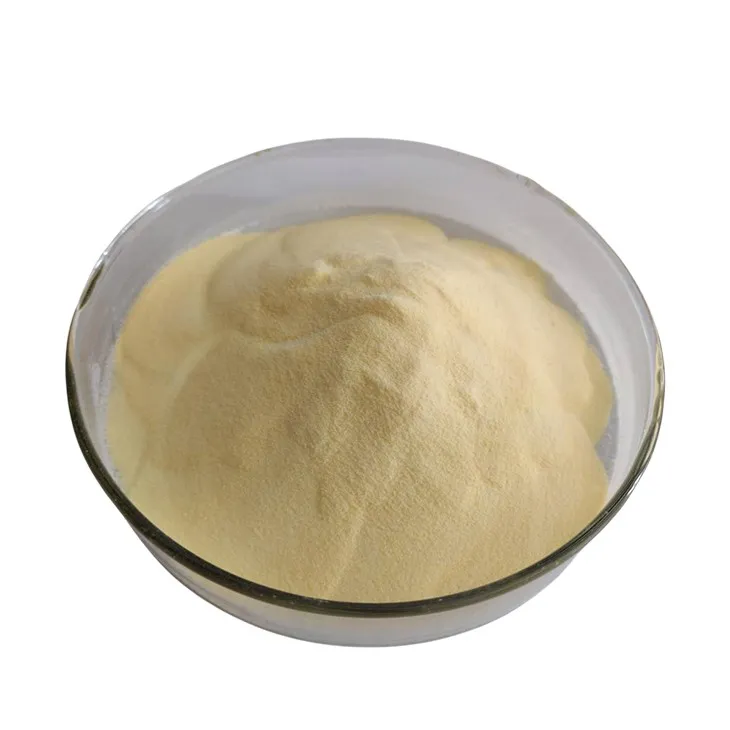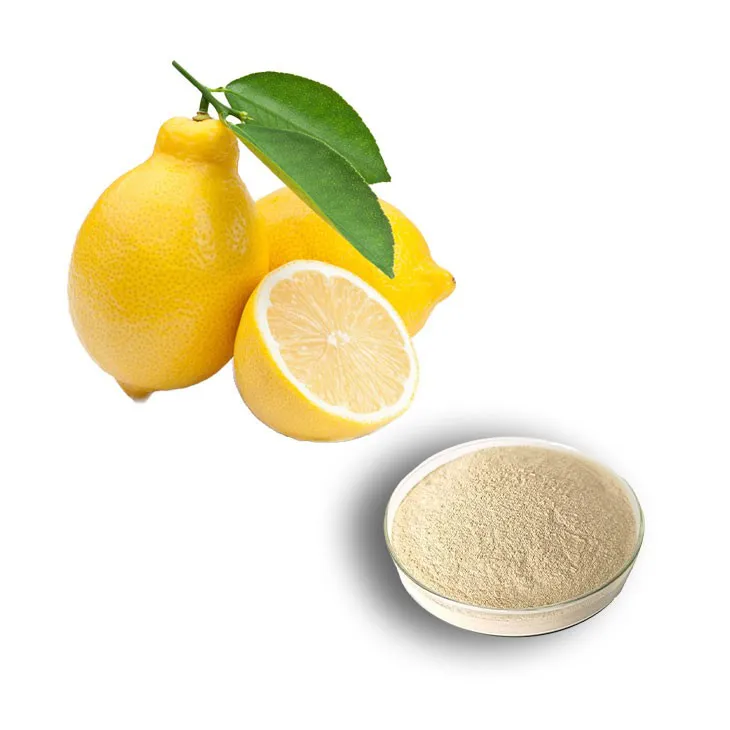- 0086-571-85302990
- sales@greenskybio.com
What is lemon extract? Definition, types, history and nutritional value.
2024-12-18

1. Definition of Lemon Extract
Lemon Extract is a concentrated form of the essence of lemons. It is obtained through a process of extraction, which isolates and concentrates the key components present in lemons. These components include various aromatic compounds, flavorants, and bioactive substances that give lemons their characteristic taste, smell, and health - promoting properties.

2. Types of Lemon Extract
2.1 Organic Lemon Extract
- Organic lemon extract is derived from lemons that are grown without the use of synthetic pesticides, fertilizers, or genetically modified organisms (GMOs). This type of extract is often preferred by consumers who are concerned about the potential health and environmental impacts of chemical inputs in food production.
- The production process of organic lemon extract typically involves careful selection of high - quality, organically - grown lemons. These lemons are then processed using methods that maintain the integrity of their natural components. For example, cold - pressing may be used to extract the juice, followed by further concentration and purification steps to obtain the final extract.
2.2 Chemically - Processed Lemon Extract
- Chemically - processed lemon extract is produced using various chemical techniques. These techniques may be employed to enhance the extraction efficiency, increase the shelf - life of the extract, or modify its properties for specific applications.
- One common method is the use of solvents to extract the desired components from lemons. However, this type of processing may raise concerns among some consumers due to the potential presence of residual solvents in the final product. Manufacturers are required to follow strict regulations to ensure that the levels of any potentially harmful substances are within safe limits.

3. History of Lemon Extract
- The use of lemon extract has a long and rich history that dates back to ancient civilizations. Lemons are native to Asia, and they were first introduced to the Mediterranean region around 200 AD. From there, their cultivation and use spread throughout Europe and other parts of the world.
- In traditional medicine systems such as Ayurveda in India and traditional Chinese medicine, lemons and their extracts have been used for centuries to treat a variety of ailments. For example, they were believed to have digestive - enhancing, anti - fever, and detoxifying properties.
- During the Age of Exploration, lemons played a crucial role in preventing scurvy among sailors. The high vitamin C content in lemons and their extracts was found to be effective in combating this disease, which was a major problem on long - sea voyages.
- As the food and beverage industry developed, lemon extract became an important ingredient in cooking, baking, and the production of various alcoholic and non - alcoholic drinks. Its refreshing and tangy flavor added a unique dimension to a wide range of products.

4. Nutritional Value of Lemon Extract
4.1 Vitamin C
- Lemon extract is a rich source of vitamin C, also known as ascorbic acid. Vitamin C is a powerful antioxidant that plays a vital role in protecting the body against oxidative stress. Oxidative stress occurs when there is an imbalance between the production of free radicals and the body's ability to neutralize them. Free radicals can damage cells, proteins, and DNA, leading to various health problems such as aging, heart disease, and cancer.
- The antioxidant properties of vitamin C in lemon extract help to scavenge free radicals, thereby reducing the risk of oxidative damage. Additionally, vitamin C is essential for the synthesis of collagen, a protein that is important for maintaining the integrity of skin, bones, and connective tissues.
4.2 Bioactive Compounds
- Lemon extract contains a variety of bioactive compounds, including flavonoids, limonoids, and phenolic acids. These compounds have been shown to possess numerous health - promoting properties.
- Flavonoids, such as Hesperidin and naringin, are known for their anti - inflammatory effects. They can help to reduce inflammation in the body, which is associated with chronic diseases such as arthritis, diabetes, and cardiovascular disease.
- Limonoids, which are unique to citrus fruits, have been studied for their potential anti - cancer properties. They may help to inhibit the growth of cancer cells and induce apoptosis (programmed cell death).
- Phenolic acids, such as caffeic acid and ferulic acid, are also antioxidants and may contribute to the overall antioxidant capacity of lemon extract. They may also have anti - microbial and anti - platelet aggregation properties.
4.3 Other Nutrients
- In addition to vitamin C and bioactive compounds, lemon extract also contains small amounts of other nutrients such as potassium, calcium, and magnesium. These minerals are important for maintaining normal physiological functions in the body, such as nerve conduction, muscle contraction, and fluid balance.
- Potassium, for example, is essential for maintaining a healthy heart rhythm and proper fluid balance in the body. Calcium is important for bone health, while magnesium is involved in over 300 enzymatic reactions in the body.

5. Conclusion
Lemon extract is a versatile and valuable substance that has a long history of use in various fields. Whether it is in the form of organic or chemically - processed extract, it offers a range of health benefits due to its rich nutritional profile. From its high vitamin C content to its diverse bioactive compounds, lemon extract continues to be an important ingredient in food, medicine, and cosmetics. As research on the health benefits of lemon extract continues, it is likely that new applications and uses will be discovered in the future.
FAQ:
What are the main components of lemon extract?
Lemon extract mainly contains components such as vitamin C, bioactive compounds like flavonoids. Vitamin C is a well - known antioxidant, and flavonoids contribute to various health - promoting effects, including potential anti - inflammatory properties.
How is organic lemon extract made?
Organic lemon extract is typically made through natural extraction methods. This often involves using mechanical or natural solvent - free processes to isolate the valuable substances from organically - grown lemons. For example, cold - pressing the lemons to obtain the juice and then further processing it to concentrate the essential elements without the use of synthetic chemicals.
What are the benefits of using chemically - processed lemon extract?
Chemically - processed lemon extract can have certain benefits. It may have a longer shelf - life due to the processing methods used. Also, it can be produced in larger quantities more efficiently, making it more accessible for various applications such as in the food and cosmetic industries. However, it's important to ensure that the chemical processing is carried out in a safe and regulated manner to avoid any potential negative impacts.
How has lemon extract been used in traditional medicine?
In traditional medicine, lemon extract has been used in various ways. It has been used to treat ailments such as digestive problems, as it was believed to aid in digestion. It was also used for its potential antibacterial properties, for example, in treating minor wounds or infections. In some cultures, it was used as a general tonic to boost the immune system due to its high vitamin C content.
Can lemon extract be used in cooking?
Yes, lemon extract can be used in cooking. It can add a concentrated lemon flavor to dishes. It is often used in baking, such as in cakes and cookies, to give a lemony taste. It can also be used in savory dishes, like in salad dressings or marinades, to add a fresh and tangy flavor.
Related literature
- The Nutritional and Therapeutic Benefits of Lemon Extract"
- "Lemon Extract: From Traditional Use to Modern Applications"
- "A Comprehensive Study on the Types of Lemon Extract"
- ▶ Hesperidin
- ▶ citrus bioflavonoids
- ▶ plant extract
- ▶ lycopene
- ▶ Diosmin
- ▶ Grape seed extract
- ▶ Sea buckthorn Juice Powder
- ▶ Beetroot powder
- ▶ Hops Extract
- ▶ Artichoke Extract
- ▶ Reishi mushroom extract
- ▶ Astaxanthin
- ▶ Green Tea Extract
- ▶ Curcumin Extract
- ▶ Horse Chestnut Extract
- ▶ Other Problems
- ▶ Boswellia Serrata Extract
- ▶ Resveratrol Extract
- ▶ Marigold Extract
- ▶ Grape Leaf Extract
- ▶ blog3
- ▶ blog4
- ▶ blog5
-
Pure 85% Tomentil Extract.
2024-12-18
-
White Peony Extract
2024-12-18
-
Lemon Balm Extract
2024-12-18
-
Red Vine Extract
2024-12-18
-
Lavender Extract
2024-12-18
-
Citrus Aurantium Extract
2024-12-18
-
Ivy Extract
2024-12-18
-
Bitter Melon Extract
2024-12-18
-
Stevia Extract
2024-12-18
-
Epimedium extract powder
2024-12-18
-
Yellow Pine Extract
2024-12-18





















